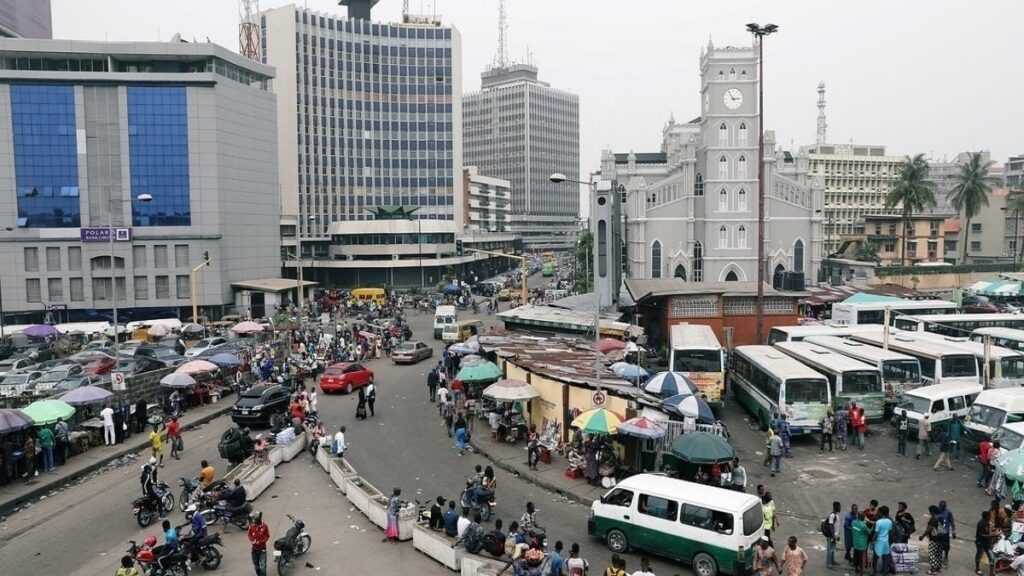- Stanbic IBTC Bank Nigeria’s headline PMI declined to 46.9 in October from 49.8 reported in September.
- This is a pointer that the country suffered a marked deterioration in business conditions during the start of the fourth quarter.
- Stanbic Bank report says this was the most pronounced dip in private sector trade activity since March last year.
Nigeria suffered the third-fastest rise in overall input prices on record in October 2024 forcing a downturn in the country’s private sector activity at the start of the final quarter of the year.
Stanbic IBTC Bank Nigeria’s headline PMI declined to 46.9 in October from 49.8 reported in September, a pointer that the country suffered a marked deterioration in business conditions. The bank said this was the most pronounced dip in trade activity since March last year.
Persistent price pressures across sectors saw consumers scale back on their spending priorities, contributing to a contraction in reported purchasing activity. Consequently, companies scaled back their input buying in response to falling uptake of goods and services.
Employers in Nigeria step up hiring despite dip in activity
However, despite the downturn in new orders reported during October, employers in Nigeria continued to step up their staffing levels albeit marginally, thereby extending the current sequence of job creation to six months.
“Nigeria’s private sector activity worsened further in October, with the headline PMI settling at a 19-month low of 46.9 points from 49.8 in September. The notable reason for this worsening business environment in October was an intensification of already-strong inflationary pressures, reflecting currency weakness and higher prices for fuel and transportation,” explained Muyiwa Oni, Head of Equity Research West Africa at Stanbic IBTC Bank.
“Currency pressures and high interest rates are further intensifying the lingering pressure on the private sector. This continues to imply that the non-oil sector’s growth will remain weak, although improved crude oil production relative to the prior year may compensate for this lacklustre non-oil sector’s performance,” Muyiwa added.
PMI readings over the neutral 50.0 point to an improvement in business conditions while readings below 50.0 signal a deterioration of private sector conditions.
During the month under review, Stanbic said the worsening business environment was an intensification of already strong inflationary pressures affecting activities across Africa’s biggest economy. The survey shows that the overall input prices in Nigeria surged higher, with the latest rise being the third-fastest in the survey’s history.
Read also: Nigeria’s Largest Flour Mills to Invest $1 Billion in an Expansion and Restructuring Drive
Marked reduction in new orders and business activity
“Consequently, there was a marked reduction in new orders and business activity, while business sentiment was the lowest since the survey began in January 2014. Three of the four monitored sectors saw output fall, with only the agriculture sector bucking the wider trend to record a rise in output.
“Despite a sharp fall in new orders during October, Nigerian companies continued to increase their staffing levels slightly, thereby extending the current sequence of job creation to six months,” Muyiwa explained.
The survey shows that consumers in Nigeria were forced to dig deeper into their pockets as companies increased selling prices rapidly during the month under focus.
Official statistics show that the rate of charge inflation in Nigeria in October was the fastest since March and the fourth strongest on record.
“Steep price rises had a severe impact on customer demand, and new orders declined for the first time in three months. Moreover, the rate of contraction was the sharpest since March 2023,” the report states in part.
“The downturn in the business environment worsened at the start of Q4:24, still reflecting the impact of price pressures on consumer demand and business investments,” noted Muyiwa.











